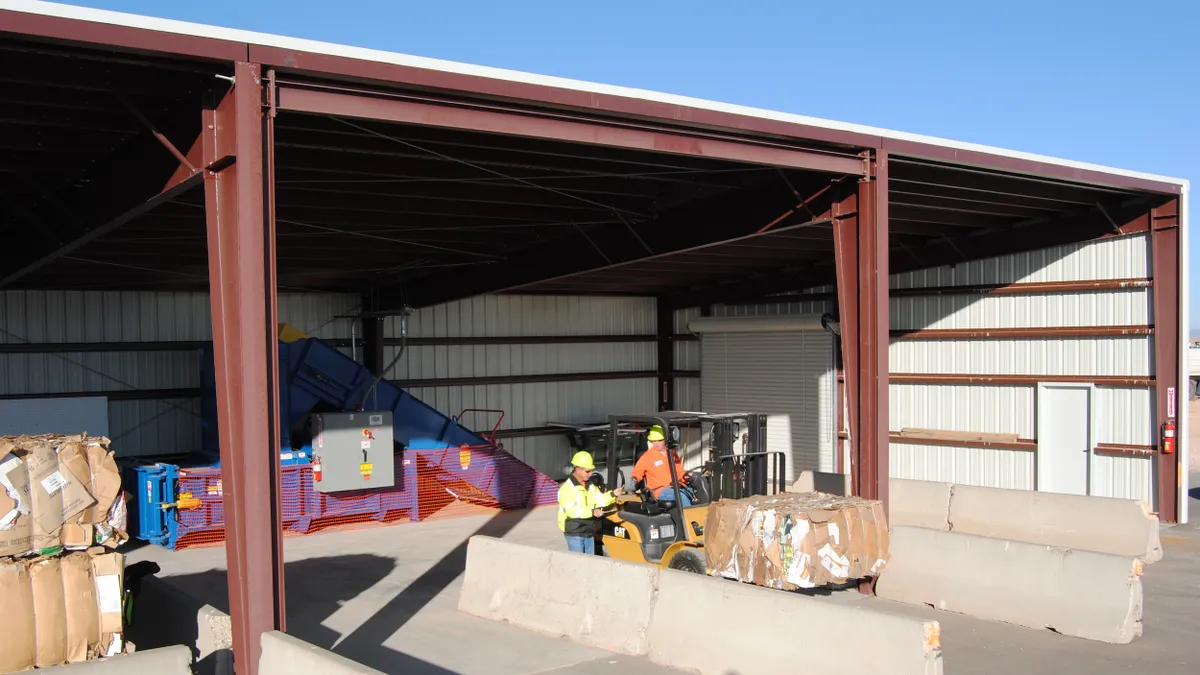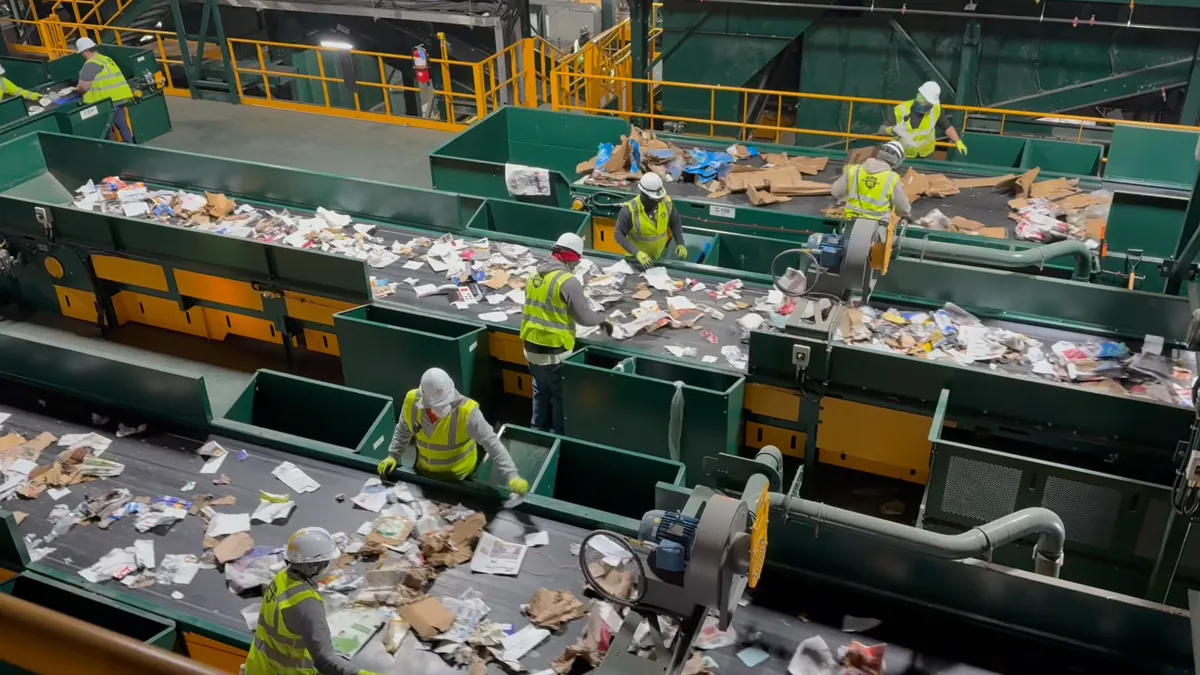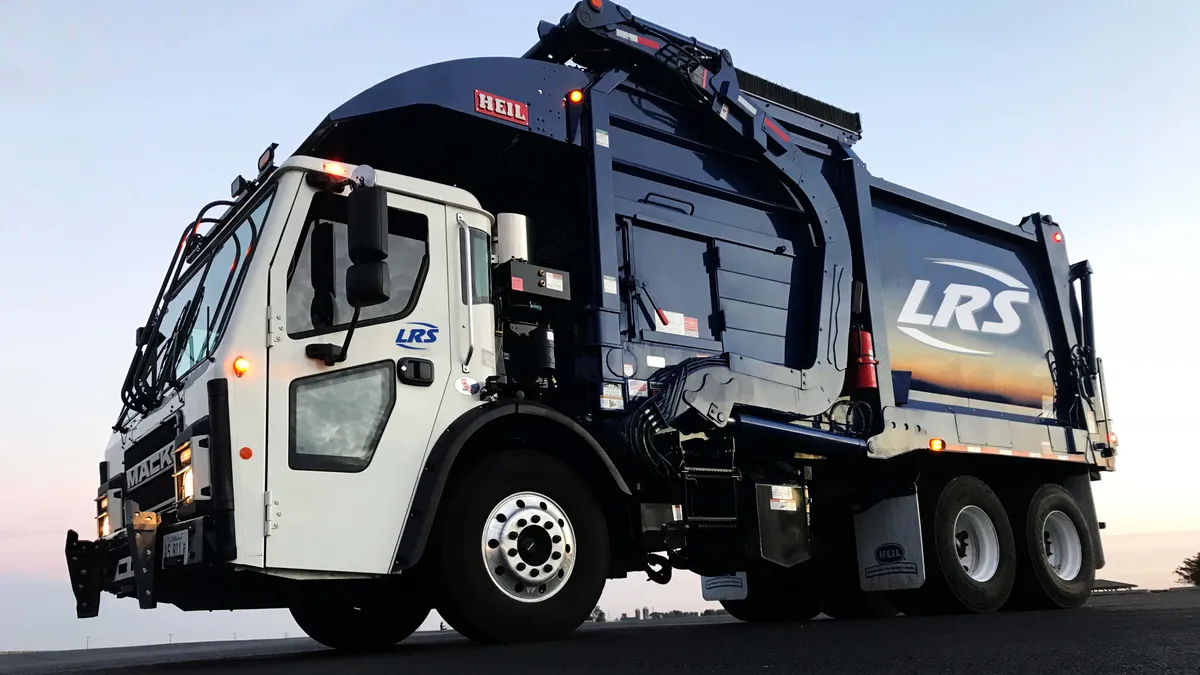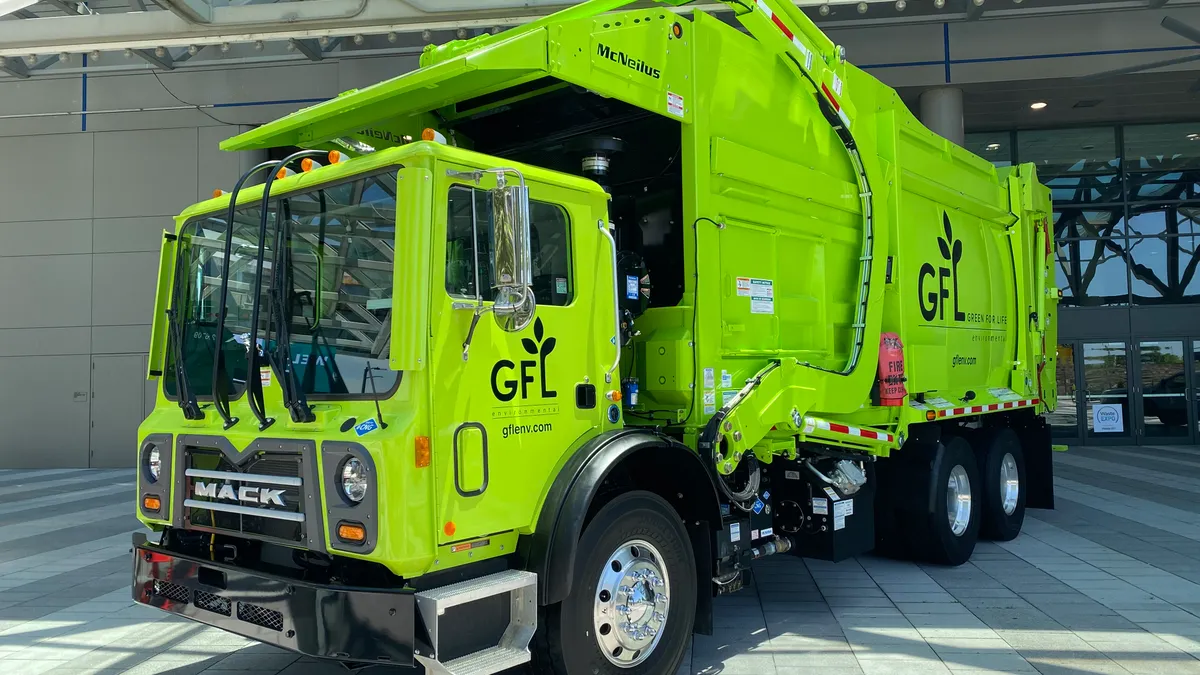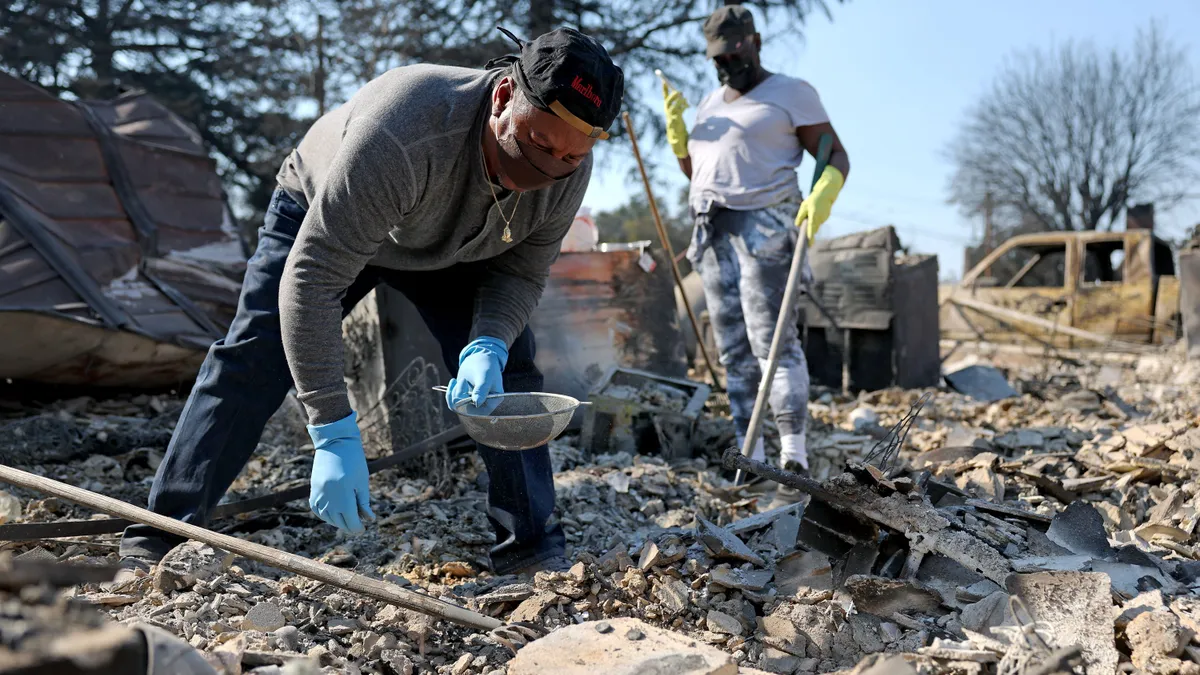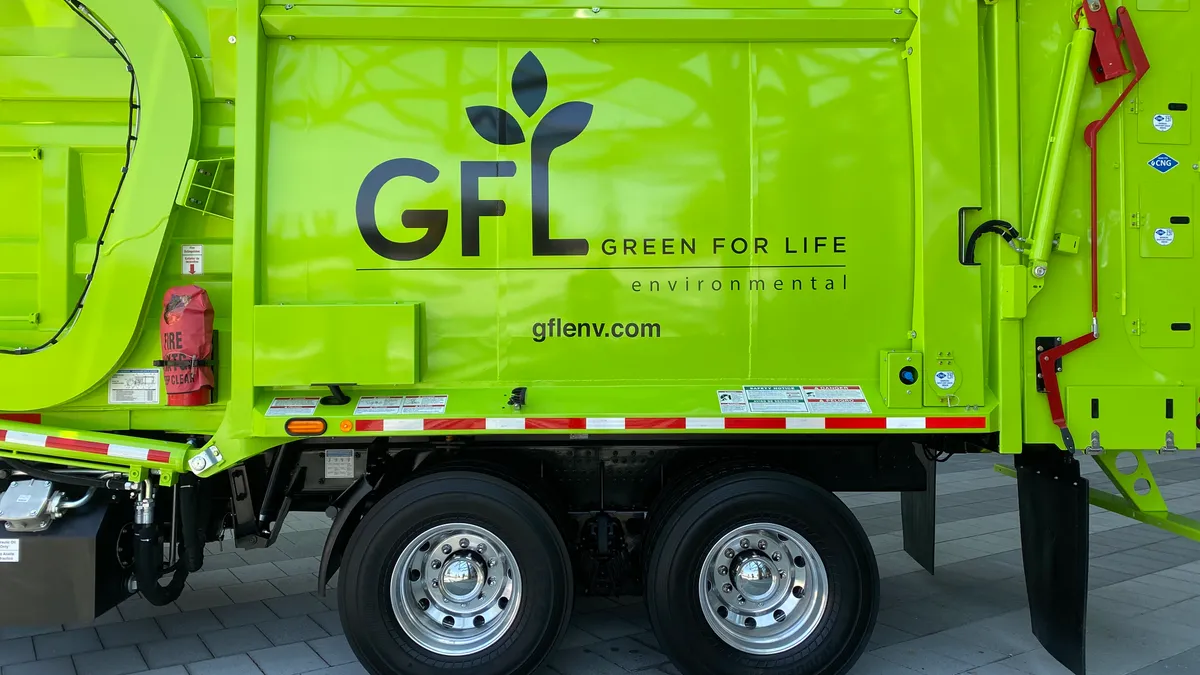Waste Connections' recent acquisition of Progressive Waste Solutions is likely to be the largest industry deal of 2016, according to David Biderman, CEO of the Solid Waste Association of North America (SWANA).
Besides being a huge move for Waste Connections, "In these types of large transactions, there often are opportunities for other companies to acquire divested assets ... that don't quite fit into the acquiring companies' plans," he said.
This is how mergers and acquisitions typically play out in the trash business. Companies snatch up assets when the conditions are right. They keep expanding and consolidating, which is a decades-long trend that began when Waste Management and BFI reared growing heads, went public, and used the resulting capital to accelerate ongoing consolidation.
The movement is gaining forceful momentum, especially this year. Already, Waste Management, Santek Waste Services, Advanced Disposal, Waste Connections, and Covanta, among others, have bought up assets. Michael Hoffman of Stifel, financial consultants at the table through Waste Connections’ big deal, projects the roll will continue as companies with a pocket full of money look to create critical mass and increase density for greater operating leverage.
Buyers leverage strategies from tapping into markets where a municipality controls the landfill rather than competitors, to penetrating regions where they can swim upstream as a bigger fish and keep growing.
Tapping into "disposal neutral" markets
When assessing a purchase, Austin-based Inland Waste Solutions looks for "disposal-neutral" markets, owned by the local government.
"If the municipality controls the landfill, I don’t have to worry about competitors raising my tipping fees. Or we make sure we will have a lot of options. Like in Memphis I have three disposal options; Waste Connections, Waste Management, and Republic own the landfills, so I can negotiate tipping fees," said Inland’s CEO, Bart Begley.
Inland looks for synergistic value, whether through operations synergies or administrative synergies.
"For example, we will purchase a company with both commercial and residential hauling that overlap areas we service so we can save money by merging new routes into existing ones to reduce the number of trucks needed to serve all customers," said Begley.
In Northwest Arkansas, Inland increased its route density and saved administrative costs because they had dispatching, customer service, and accounting operations in place to manage all services for both the new and old entities combined. That was part of the Deffenbaugh acquisition. It was in an area where Inland was looking to grow — an area where the Department of Justice forced Waste Management to sell off because the solid waste giant got too saturated in that region’s small container business.
"Northwest Arkansas is a tremendous market; they don’t have a lot of players. So a key component of our strategy was to build these routes, which accelerated our growth plan by six or seven years," said Begley.
Inland’s revenue was $40 million as of the end of 2015. "When you look at what we bought last year, we are heading toward $50 million," said Begley of the company that’s penetrated seven states.
50 years of constant consolidation
"I describe it as having gone through six or seven major periods of public company expansion and then consolidation in and among those companies," said Hoffman, explaining how the waste industry lends itself to consolidation because its operations are capital intensive and it’s a way to maximize investments.
"Now there are five [publicly traded companies], which will be four major ones with the Waste Collections and Progressive transaction: Republic, Waste Management, Waste Connections and Casella," he said, though that figure will change soon if Advanced Disposal goes public, he added.
Hoffman said what is happening today is a meaningful narrowing of valuation differences between buyers and sellers; they are closer together on what they recognize as the value of a deal to each of them. Consequently, he said, "We see a healthy consolidation market in 2016."
Aiming to be fully integrated
"You collect it; you transfer it; and you drive it to landfill and dump it. So you control waste from the curb to final disposal, capturing all of the profit margin. And that collection is [ideally] diverse with commercial and residential trash and recycling," said Hoffman.
That’s how Waste Management has been doing collections for decades — inking deals that fit into the company’s existing empire.
"The assets we would look at as a priority would be ... the ability to integrate effectively and to optimize and leverage [the deal] around our corporate capabilities to create additional value," said Toni Beck, Waste Management’s vice president of communications and community relations.
Tightening regulatory requirements is also among drivers of buying and selling decisions, said Biderman. They require large investments in upgraded equipment and landfill design. As an example, he cited what he projects may be around the bend in New York City when haulers are required to upgrade trucks by 2020 to comply with more rigid emission rules.
“Carters will have to buy new trucks or retrofit existing ones. Either way you have to spend a fair amount and some may decide to sell rather than spend to upgrade their fleet. New York has the most collections in the country and many small carters will be impacted; it’s definitely an area to keep an eye on where more transactions could take place," he said.
Corpus Christi, TX-based K2 Waste Solutions just came on line in 2015. The small independent collector recently acquired a residential hauling company in that city, marking K2’s entry into the residential market. "It gave us a thousand homes in a business that had been outside of our operational footprint. It was a good decision for us," said K2 President Bill Killian.
The company shoots for a revenue mix of a third in commercial, a third in residential, and a third in industrial.
"Residential and commercial generate a dependable monthly income, though construction contracts are a higher per ticket average and good money makers," said Killian.
"Unless the major focus is landfilling, it’s hard to break a company," said Hoffman. We have no choice but to deal with our trash. So usually if a company goes up for sale it’s because the owners want out, he said.
In Hoffman’s view, "If you want to be in the garbage business, if you can borrow money or already have it, you are in. One truck and some containers, and you’re in business."




